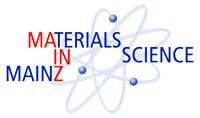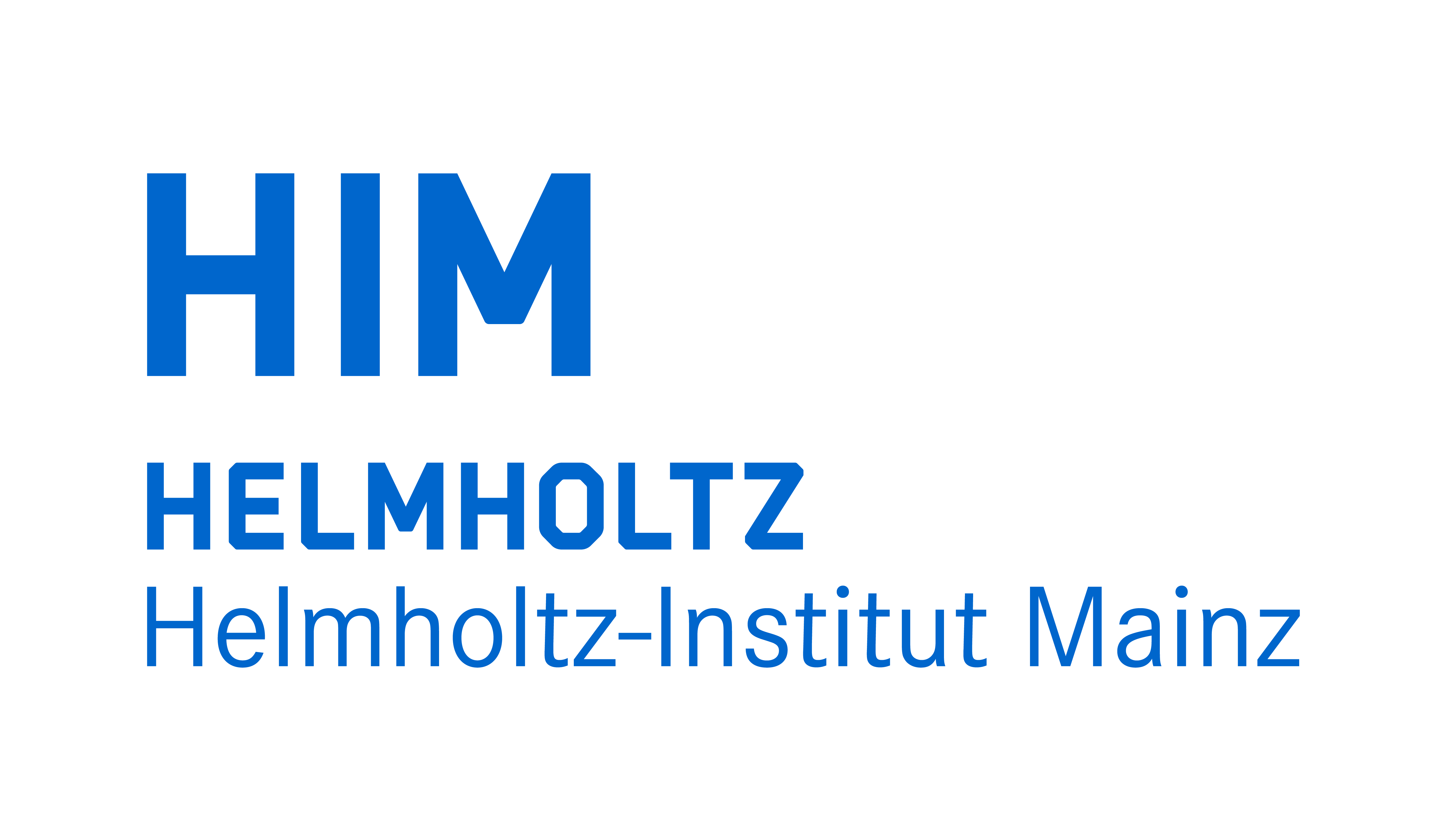


Physikalisches Kolloquium
Oct. 29, 2013 at
5 p.m. c.t.
in
Hörsaal des Instituts für Kernphysik, Becherweg 45
Prof. Dr. Friederike Schmid
Institut für Physik
friederike.schmid@uni-mainz.de
Prof. Dr. Hartmut Wittig
Institut für Kernphysik
hartmut.wittig@uni-mainz.de
Note: Mit Unterstützung der Exzellenz-Projekte MAINZ und PRISMA
Quantum & Gravity
Prof. Hartmut Abele (Atominstitut, Technische Universität Wien)
Gravity:
Newton’s Law of Gravity is considered valid from sub-millimetre distances up to inter-galactic space. Nevertheless it fails to describe important features of cosmology like the accelerating expansion component of our universe. While the most straightforward candidate for such a component is Einstein’s cosmological constant, a plausible alternative is dynamical vacuum energy, or ”quintessence”, changing over time. So far, distinguishing between these two explanations has eluded experimental tests.
Here, we present a novel search strategy using a quantum interference technique with neutrons to differentiate between Einstein’s cosmological constant and quintessence, see below.
Quantum:
At Vienna University of Technology we are making one of the world most sensitive tests of Newton’s gravity law using a beam of ultra-cold neutrons. The quantum nature allows them to be manipulated in novel ways, which are being used to create new instruments for gravity research. Neutrons are falling on earth and are retroreflected by a neutron mirror. We are now developing a resonance spectroscopy technique by vibrating the mirror underneath thus providing a coupling between different energy levels. The probability for finding the upper state exhibits an oscillatory time dependence, usually referred to as ”Rabi-oscillation”. The sensitivity for deviations on Newton’s gravity law right now is DE = 10-14 eV, delivering severe restrictions on any possible new interactions on that level of accuracy. If some undiscovered dark matter or dark energy particles interact with a neutron, this should result in a measurable energy shift of the observed quantum states.